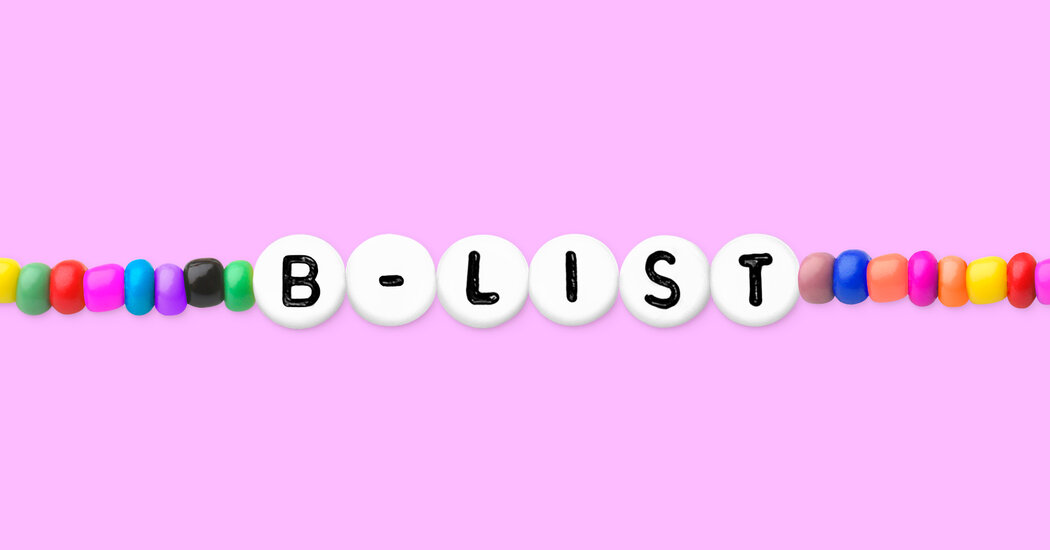Most of us maintain an informal mental inventory of our friendships, sorting those closest to us, our intimates, from our acquaintances. My friend R. once went a step further. He ranked his friends on a document on his computer. (R. asked that I use his first initial here out of a sense of propriety, knowing it’s taboo to acknowledge even the existence of such a list, let alone to disclose to friends their positions on it.)
As a younger man, R. found himself dissatisfied with his social life, which kept him busy yet unfulfilled, and he built his friend hierarchy to diagnose why. He found that he had a small group of first-tier friends, with whom he was happy to spend time under any circumstances. And he had a huge number of acquaintances. But the friends who caused him the most strife — as well as the most inner turmoil, yearning, anxiety and guilt — were those arrayed along the middle levels. Call them the “medium friends.”
As an example, R. told me about a certain friend. They were close during college but by their 30s had grown apart. There was no falling-out, no identifiable reason for their friendship to wither. R. simply did not feel as connected to this friend as he once did. And so, without malevolence or even conscious intent, he shuffled her down in his personal friend deck.
When R.’s friend recently reached out, to ask for his support during her addiction recovery, his first impulse was to feel taxed — then vexed at his own irritation. “She wasn’t asking for anything, really. Accountability,” R. said. But she was leaning on him in a way that felt too heavy, given what their friendship had become, and he wrestled with how to be there for her. He didn’t book a flight to visit her. He didn’t even call her. He observed himself not doing these things and felt self-reproach. Emily Langan, a communication professor at Wheaton College who studies friendship, described this feeling as, I’m not willing to go there, and I feel kind of slimy for not going there. But we’re just not that kind of friend.
Medium friends are genuine friends. You share history (such as the same alma mater), circumstances (an employer) or interests (rude jokes, the royals, thrifting or squash). Medium friends make you laugh, bring news, offer insights or expertise. But, unlike the closest friends, medium friends test the limits of your time, love and energy. There are only so many dinners in a week, so many people with whom you can be incessantly texting. Medium friends prove the lie in any naïve attempt to be all things to all people.
And that is the problem with medium friends, the invisible lines you draw around them without ever being explicit — to them or even, possibly, to yourself. Reciprocity is the foundation of every friendship: mutual sharing and caring in a context of trust. The tension embedded in medium friendship is this absence of clarity, allowing for the possibility of what Claude Fischer, a sociologist at the University of California, Berkeley, referred to in an interview as “asymmetric expectation”: You may like your medium friend less (or more) than they like you. With a lover, partner or a very close friend, you may negotiate imbalances, hash out wounds or betrayals. But somehow such conversations feel impossible in the medium realm.
